Returning for its fourth and final season, ROOM 104 is an anthology collection of short films each set in the titular motel room somewhere deep in the heart of Americana. Each short depicts different scenarios, ranging from comedy to horror to full on surrealism, where an assortment of characters react to singular events in their lives. While well acted and directed, the stories themselves rarely stand out as hugely interesting. There’s a lot of repetition, even if it’s unintentional, and once the initial infatuation wears off the rest of the series begins to overstay its welcome.
Produced, written, and partly directed and starring the Duplass Brothers, ROOM 104 is their pet project, made on the cheap and under the radar by the former kings of mumblecore cinema. Attracting such talent in the past as Anna Boden & Ryan Fleck, the series has split audiences and critics down the middle each season over the last four years.
The first episodes set the tone quickly. A shaggy alcoholic is hounded by a group of obnoxious fans to perform his once quasi-famous songs; a wrestler recounts his biggest wins and losses through a haze of regret and trauma; a drug addict battles with her addiction during a long night of hallucinations; and a man comes to realize his reality isn’t what it seems like.
One of the best episodes of the season is “OH HARRY”, written and directed by Mel Eslyn, which sharply tears down the American fascination with sitcoms. Shot in the 4:3 aspect ratio that 90s television thrived on, the episode gorgeously recreates the gaudy aesthetic of catalog Americana. Kevin Nealon and Erinn Hayes are terrific as the milquetoast couple of the show, one of whom comes to realize they’re stuck in a perpetual loop of platitudes and banalities that comes with daytime TV. Hayes in particular has great comic timing and gift for selling both the television standard and the underlying menace effortlessly. As the empty background laughter intrudes into the satire, the mood begins to shift into something deeply unsettling as Eslyn accurately points out just how noxious the genre itself always was. It stands out as a lively firecracker of a story in an otherwise unremarkable season.
The wacky “FOAM PARTY” is a delightfully absurd and suitably chilling throwback to nineties madness, complete with a fitting theme tune, as a group of teenagers decide to take part in one of the endless fads that come and go without warning. The episode feels much larger than any of the others in the season, mainly thanks to some great and clever set design and a floor-is-lava type concept that keeps the pace amped up throughout the running time.
At twelve episodes, each just under thirty minutes in length, the season is easier to recommend as a weekly thing than as something to binge on. Given enough time between the bite size chunks of lunacy the result works somewhat better than in a single go. Not because they’re heavy viewing or even a lot to take in, but because the design by committee style wears down the larger picture, leaving most of the episodes feeling like repeats of the same thing.
As an actor showcase, the series is as strong as ever. Each episode feels like everyone is bringing in their a-game, allowing for big name character actors like Dave Bautista to try out new things in the safety of experimental TV. At it’s best the series understands to loosen its grip on what the show wants to be and instead allowing for it to be what it needs to be. In this case a wild, loose, and anarchic summer camp for its cast to let go. Look for example the episode featuring Melissa Fumero to witness just how brilliant her solo performance becomes when left on her own.
A lot of the season, as with the three previous ones, is best left unexplained as the nature of the show thrives on mystery and suspense. Each episode is built on a punchline, some which work and most that don’t, and the series knows its audience well enough to understand that those who’ve already bought into it will tune in no matter what.
For everyone else, it will remain a strange curiosity, one that is never bad, but never truly great either (apart from the odd episode here and there). As with many anthologies, it’s a terrific exercise for filmmakers to explore storytelling through limitation, but the overbearing nature of the Duplass Brothers production standard makes the finished product feel too much, well, like a product than a revelation.



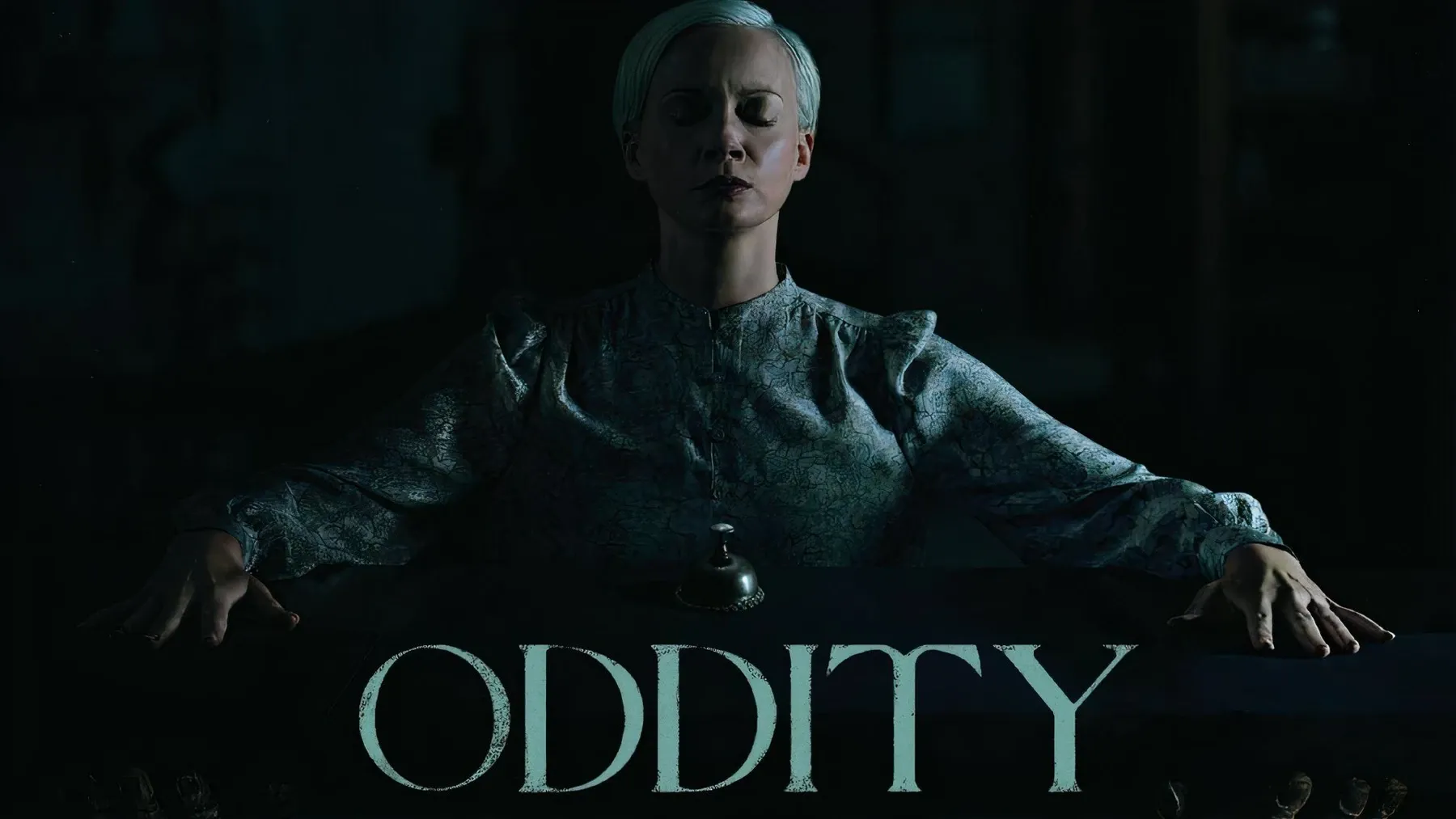

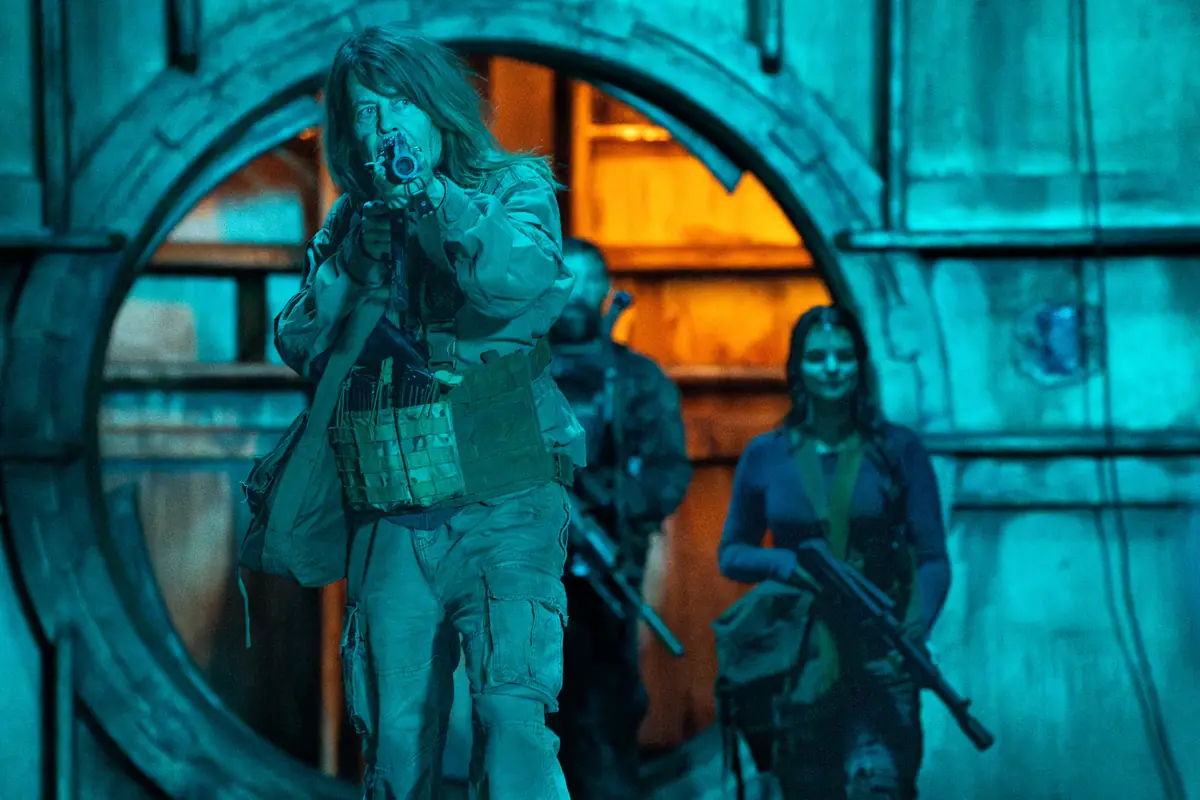

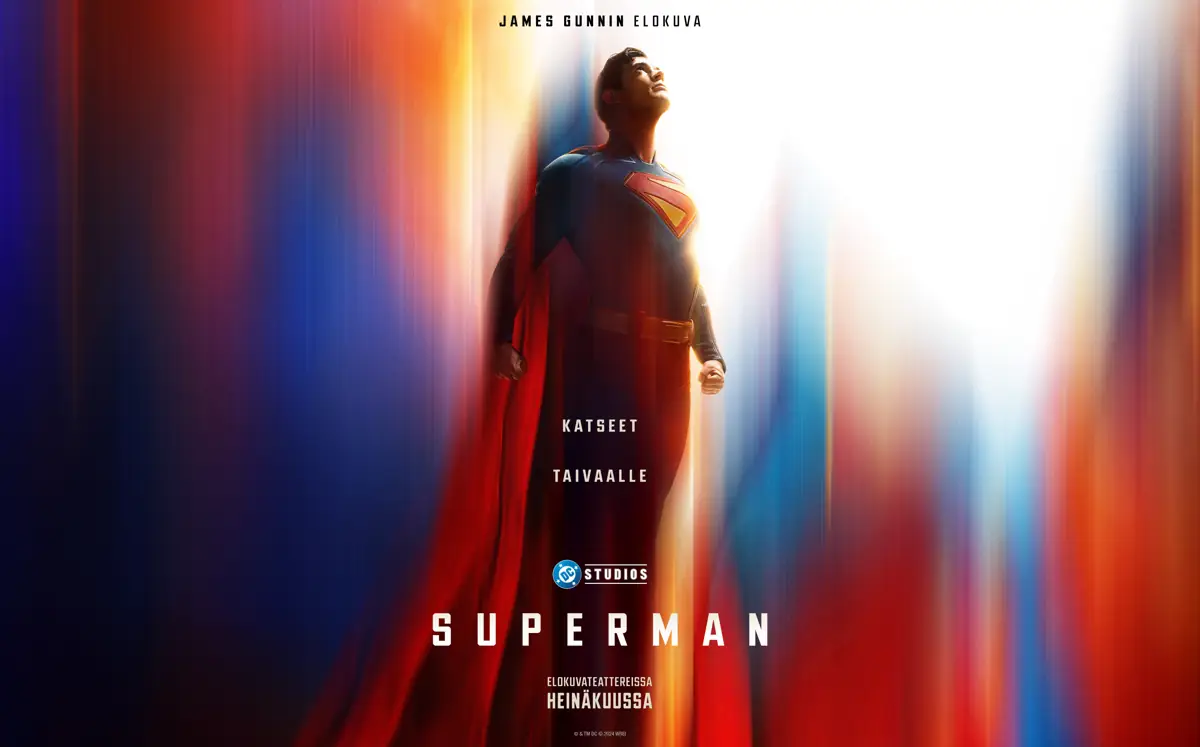

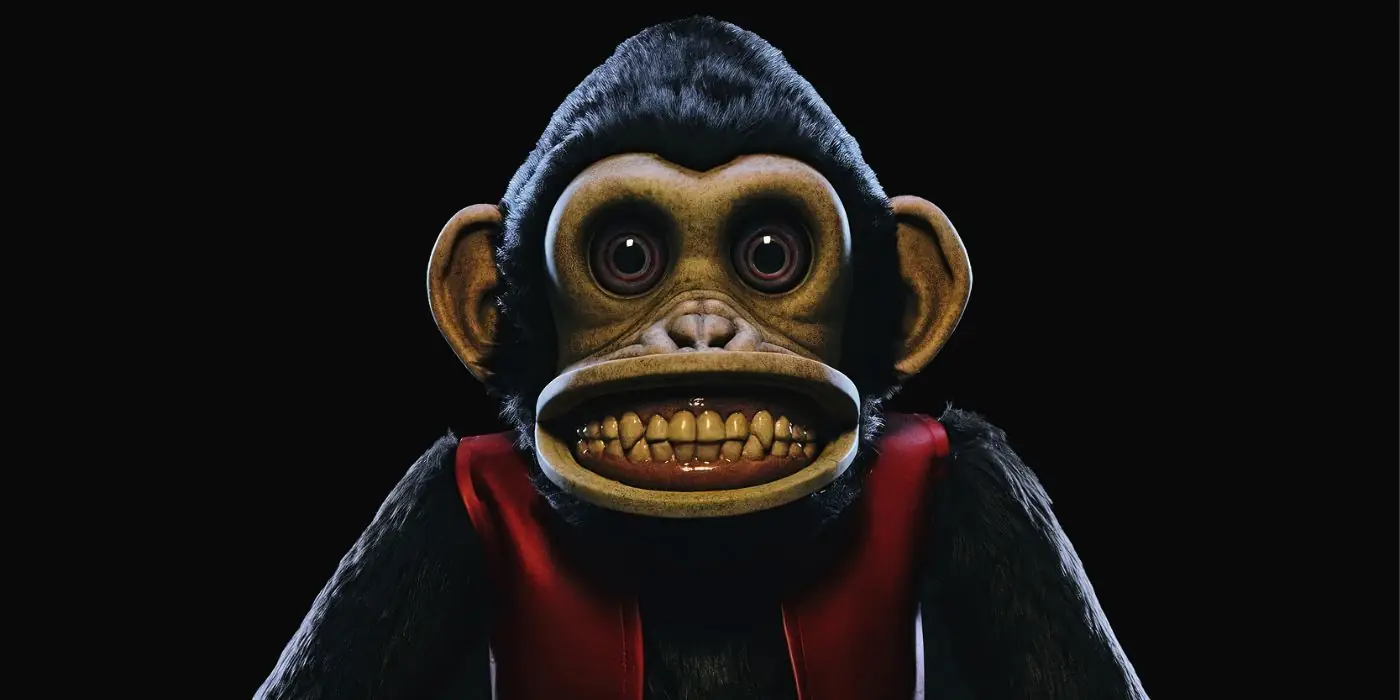
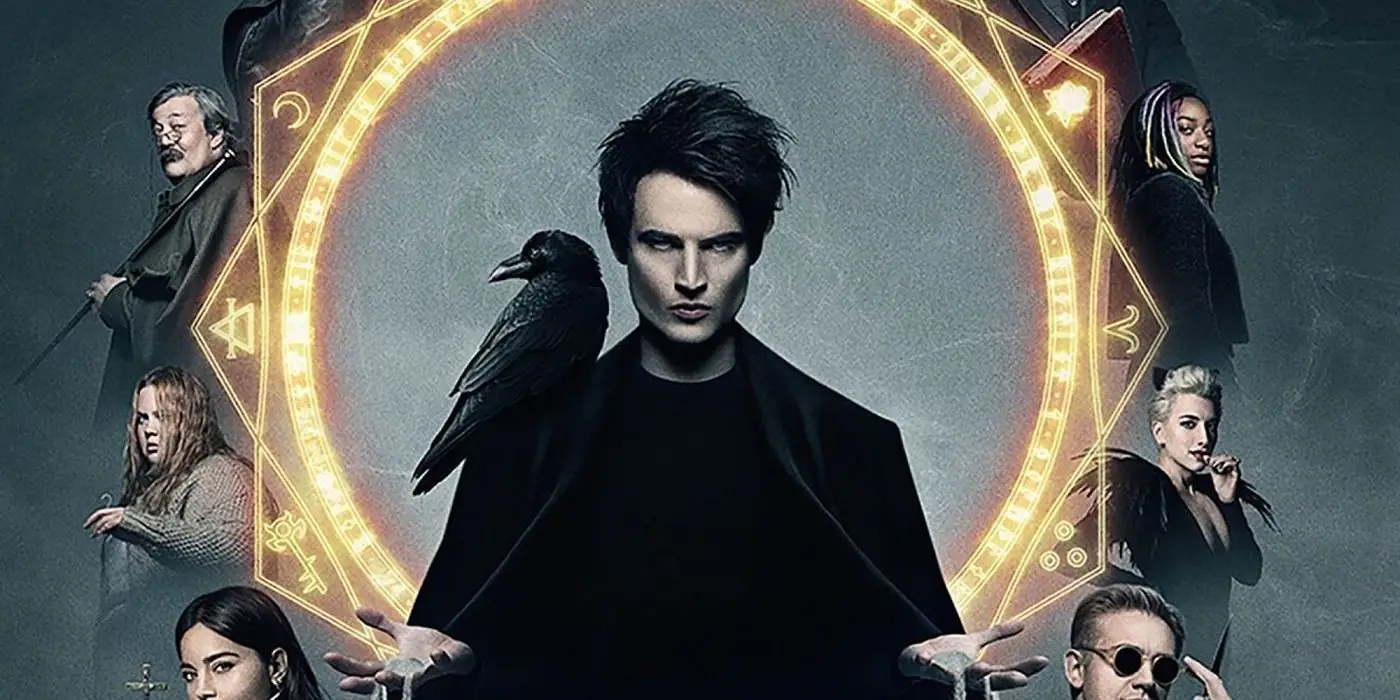
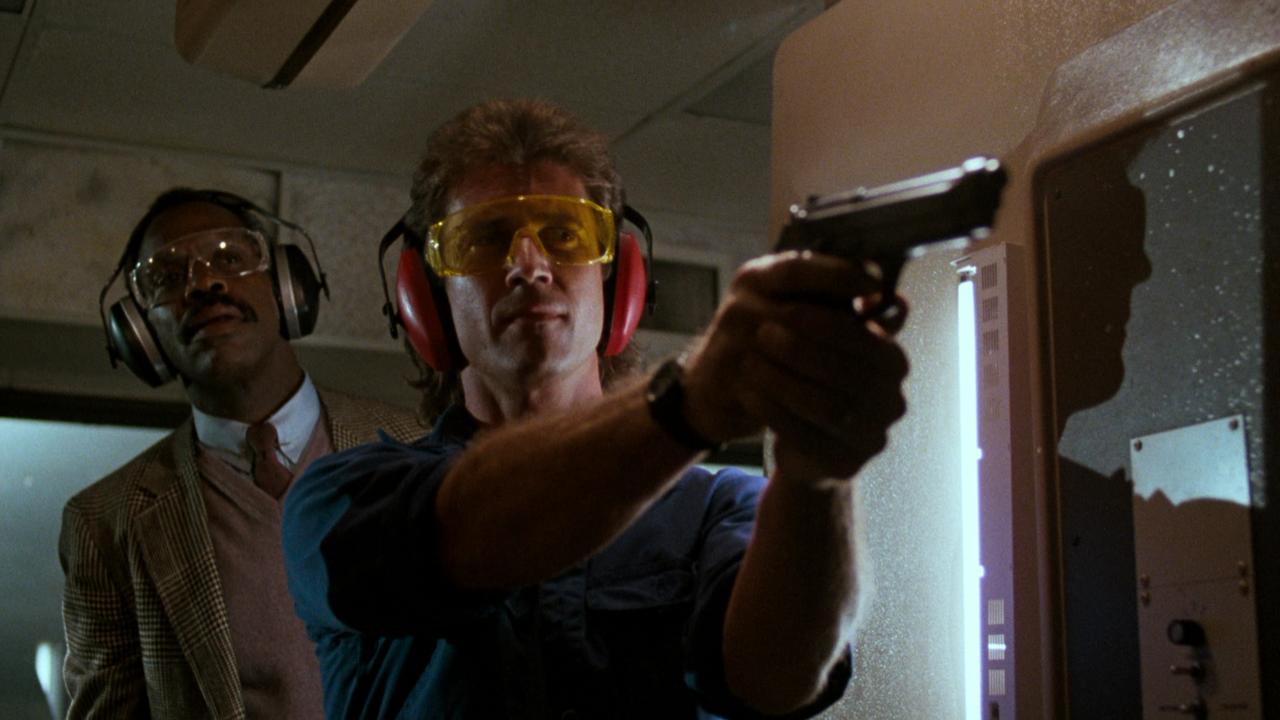


Discussion